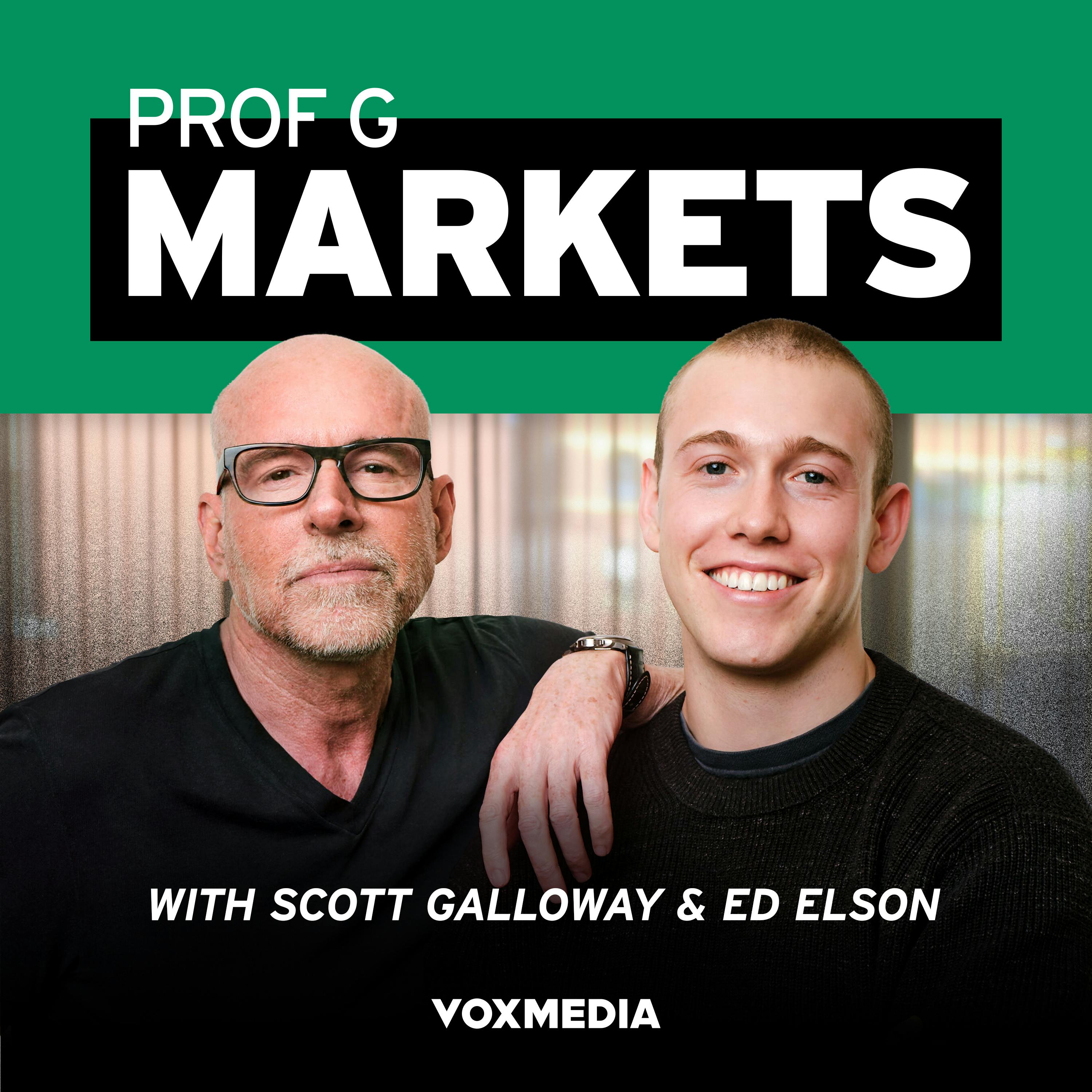PortalsOS
Related Posts
Vote to see vote counts
The real debate in economics has been about whether models should reflect people behaving as if they were maximizing their outcomes, even if they don't literally know how to do it. This has been a central theme in my career.

Our economy is strong when it meets the preferences of the people inside it, whatever they are, as opposed to having people perform to keep the economy propped up.
Richard Thaler highlights the concept of 'mental accounting,' where people irrationally categorize money, affecting their financial decisions. This concept is widely applicable and often leads to irrational spending behaviors.
At a dinner party with economists, I removed a bowl of cashew nuts to prevent overeating. This sparked a discussion on choice, highlighting that more options aren't always better, which contradicts traditional economic theory.

Fairness and perceived inequality are central to the criticism of capitalism, as people may reject economic growth if they feel opportunities are unfairly distributed.
Economists often model human behavior as if people are perfectly rational, making the best choices in every situation. However, this assumption overlooks the reality that people often take shortcuts and make less than optimal decisions.
Richard Thaler discusses the resistance he faced in academia when introducing behavioral economics. He recalls a time when he presented his theories on saving behavior to a psychology department, and the audience laughed because they found the traditional economic models unrealistic. Thaler points out that economists believed people behaved like expert billiards players, acting as if they knew physics, which he found absurd.

Richard Thaler and Danny Kahneman explored fairness in economics by asking if it's fair for a hardware store to raise snow shovel prices after a blizzard. Most people said no, except business school students, who believed it was justified based on microeconomic principles.
Economists sometimes rationalize corruption as 'efficient' when it facilitates growth, as seen in China, but this rationalization is criticized as an attempt to justify negative practices.
Behavioral economics emerged when psychologists started questioning traditional economic models, pointing out that people don't always act rationally. This led to a more nuanced understanding of economic behavior.